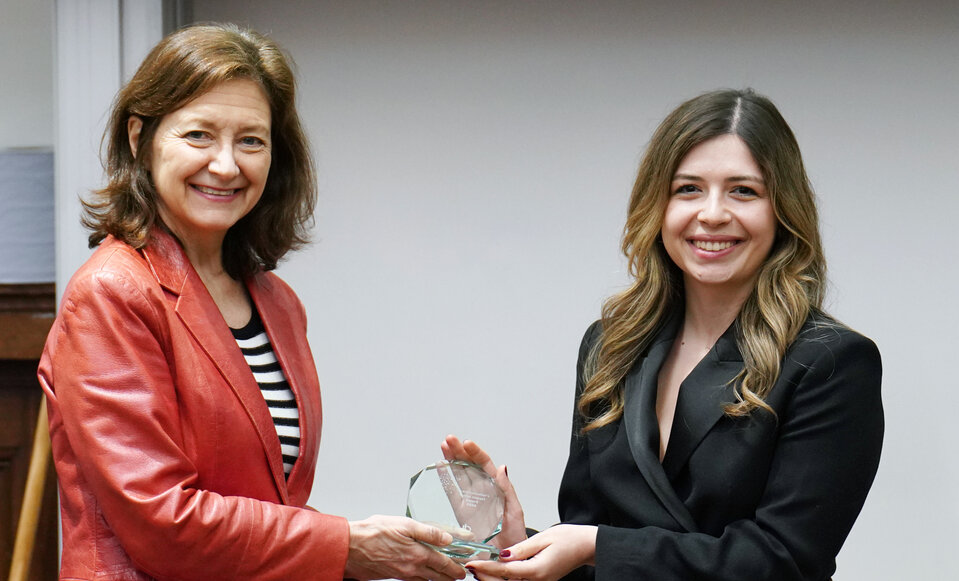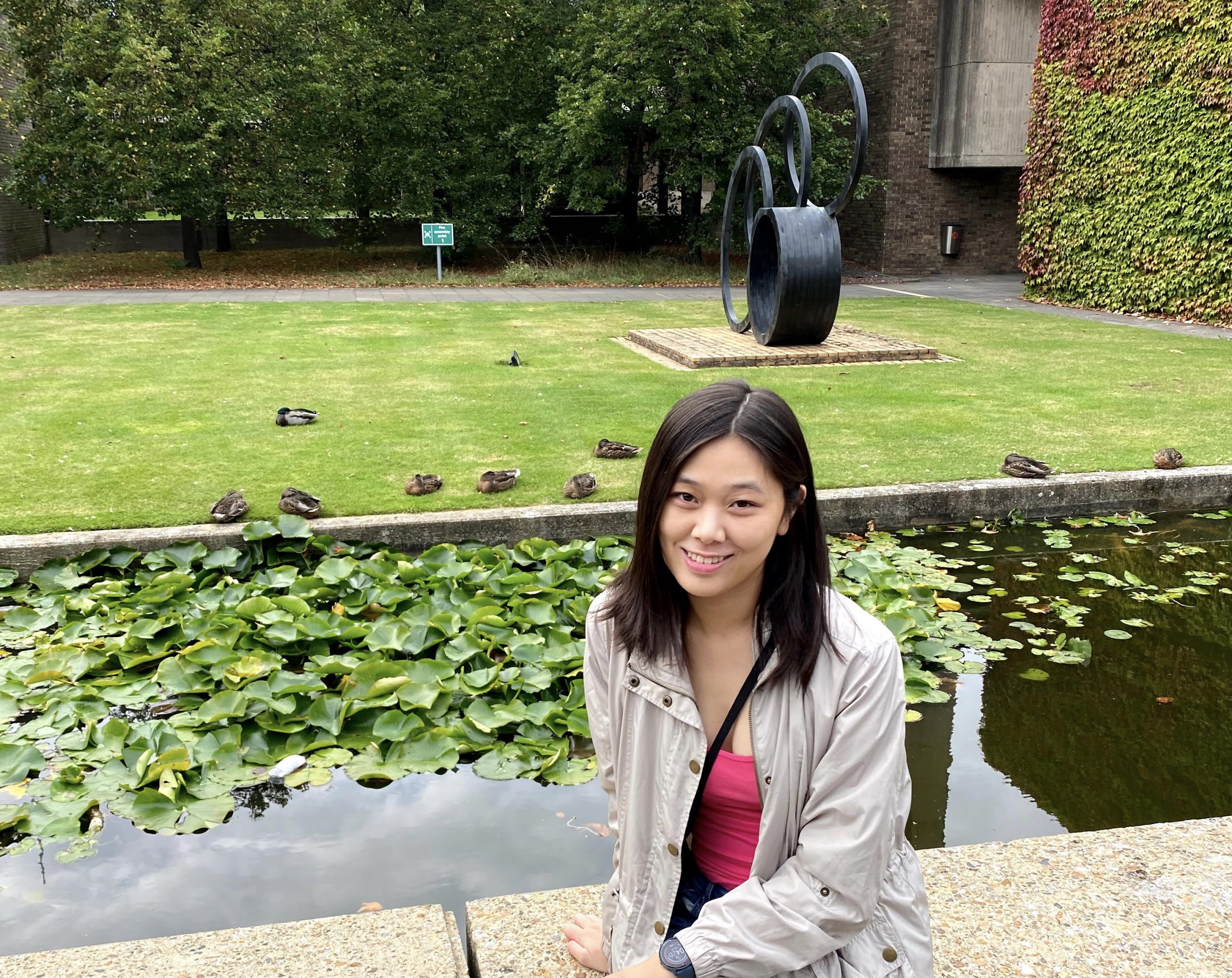
Three Gates Cambridge Scholars have won the Vice Chancellor's Social Impact Awards
Three Gates Cambridge Scholars have been recognised with awards from the Vice Chancellor of the University of Cambridge.
The 15 Social Impact Awards in six categories were launched for the first time by Cambridge Hub in 2018-19, to celebrate students who have shown exceptional achievement in, and commitment to, creating positive social change. Since then, the awards have run every year to celebrate and recognise the efforts made by students to have a positive impact in their local and global community.
 Clara Ma [2021] received the Vice Chancellor’s Sustainability Award for her contributions to food sustainability programmes at the University of Cambridge.
Clara Ma [2021] received the Vice Chancellor’s Sustainability Award for her contributions to food sustainability programmes at the University of Cambridge.
Clara [pictured right] is a PhD student at the Cambridge Centre for Environment, Energy and Natural Resource Governance. She assists organisations across the University in transitioning to more sustainable food procurement.
Two other scholars – Mine Koprulu [2020 – pictured at the top] and Mayumi Sato – won Social Impact Awards. The Awards celebrate students who have shown exceptional achievement in, and commitment to, creating positive social change.
Mine is a final-year PhD student in Medical Sciences at MRC Epidemiology Unit. Through her academic work she aims to improve healthcare by better understanding the biological basis of diseases and identifying effective treatment opportunities. In parallel, she has also been leading and contributing to various social impact projects, ranging from building more inclusive communities to promoting gender equity. She has also served on Gates Cambridge Scholars’ Council for three years, including as the Vice-President during 2020-2021.
 Mayumi [pictured left] is doing a PhD in Sociology [2021]. She is co-founder of SustainED, an organisation which aims to diversify narratives in higher education and reshape discussions around social and environmental justice. It provides mentorship to recent graduates and graduate students who are gearing up to apply for the next level of higher education. It works with local climate organisations and partners in the Global South and racialised organisations in the Global North to implement and communicate grassroots interventions addressing climate, economic, social and political injustices in a wide range of academic and non-academic formats.
Mayumi [pictured left] is doing a PhD in Sociology [2021]. She is co-founder of SustainED, an organisation which aims to diversify narratives in higher education and reshape discussions around social and environmental justice. It provides mentorship to recent graduates and graduate students who are gearing up to apply for the next level of higher education. It works with local climate organisations and partners in the Global South and racialised organisations in the Global North to implement and communicate grassroots interventions addressing climate, economic, social and political injustices in a wide range of academic and non-academic formats.
Mayumi was also recently named a National Geographic Explorer by the National Geographic Society and will research environmental resistance and justice in the Middle East.












